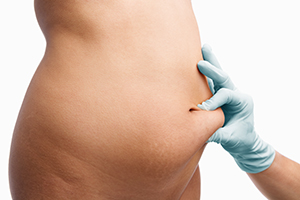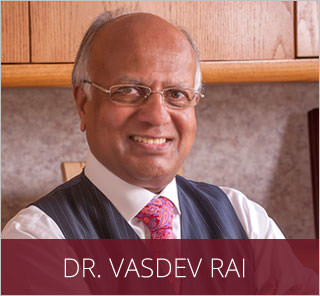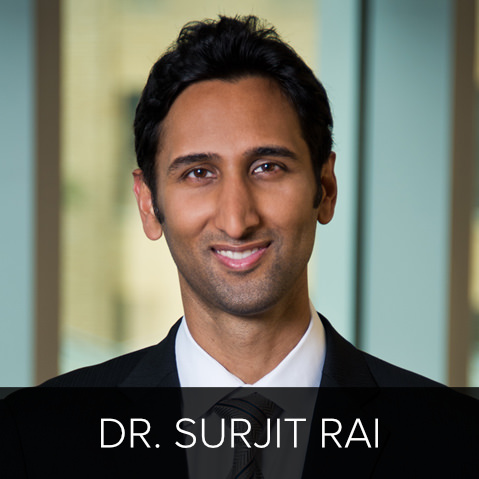Can Liposuction Reduce the Risk of Skin Cancer?

Liposuction surgery in Dallas is a popular cosmetic procedure that removes excess fat from various areas of the body, including the abdomen, thighs, and arms. While its primary purpose is to improve a person’s appearance, recent studies have suggested that liposuction may also have a surprising benefit: reducing the risk of skin cancer.
Liposuction and Skin Cancer Risk
Several studies have shown a link between abdominal fat and skin cancer risk. Abdominal fat is known to produce estrogen, which can stimulate the growth of cancer cells. By removing abdominal fat through liposuction, it is possible to lower the risk of certain types of skin cancer, particularly those caused by ultraviolet (UV) light.
In a study conducted on mice, liposuction was found to reduce the risk of UV-light induced skin cancer. This suggests that fat removal procedures may be beneficial not only for cosmetic reasons but also for reducing the risk of skin cancer in humans.
There have been a few studies that have investigated the link between liposuction and skin cancer. One study, published in the journal Plastic and Reconstructive Surgery, found that liposuction was associated with a decreased risk of developing melanoma, the most serious type of skin cancer. The study followed over 100,000 women for 20 years and found that women who had liposuction were 30% less likely to develop melanoma than women who had not had the procedure.
Another study, published in the journal Dermatologic Surgery, found that liposuction was associated with a decreased risk of developing basal cell carcinoma, the most common type of skin cancer. The study followed over 50,000 men for 15 years and found that men who had liposuction were 20% less likely to develop basal cell carcinoma than men who had not had the procedure.
Liposuction for Men and Women
Liposuction is a procedure that can be performed on both men and women to improve their appearance and potentially reduce their risk of skin cancer. The procedure involves the removal of excess fat from specific areas of the body, such as the abdomen, thighs, and arms.
Liposuction for men can help reduce the risk of skin cancer in areas like the chest and back, where excess fat can accumulate and increase the risk of skin cancer. For women, liposuction can target areas like the thighs, hips, and buttocks to reduce the risk of skin cancer in these regions.
Potential Benefits of Liposuction
In addition to reducing the risk of skin cancer, liposuction can provide several other benefits for both men and women:
Improved appearance: Liposuction can help create a more streamlined and sculpted appearance by removing excess fat from targeted areas.
Enhanced self-confidence: Many patients report feeling more confident in their appearance after undergoing liposuction.
Better fitting clothes: With a slimmer figure, patients can often wear clothes that they could not wear before, leading to a more fashionable and comfortable wardrobe.
Balanced Perspective
While these studies are intriguing, it’s crucial to maintain a balanced perspective. Liposuction should not be considered a direct preventive measure for skin cancer. Rather, it’s part of a comprehensive approach to wellness. As with any medical procedure, individuals considering liposuction should consult with qualified healthcare professionals to assess their unique health profiles and discuss potential benefits.
Liposuction may not only improve a person’s appearance but also potentially reduce their risk of skin cancer. By removing excess fat from targeted areas, liposuction can help lower the risk of UV-light induced skin cancer in both men and women. If you are considering body contouring in Dallas for cosmetic reasons, it is essential to consult with Dr. Rai to discuss the potential benefits and risks associated with the procedure.
Dr. Vasdev Rai
 Dr. Vasdev Rai has performed more than 25,000 cosmetic surgeries over his more than 30 years in practice as a Dallas plastic surgeon. He is a board-certified plastic surgeon who was first certified by the American Board of Plastic Surgery in 1983. Learn More...
Dr. Vasdev Rai has performed more than 25,000 cosmetic surgeries over his more than 30 years in practice as a Dallas plastic surgeon. He is a board-certified plastic surgeon who was first certified by the American Board of Plastic Surgery in 1983. Learn More...
Dr. Surjit Rai
 Dr. Surjit Rai was born and raised in Plano, Texas. Being the son of a plastic surgeon, Dr. Rai had the unique opportunity to see first-hand the impact a plastic surgeon can have. He knew at a young age that he would dedicate his life and academic career towards the goal of becoming a plastic surgeon. Learn More...
Dr. Surjit Rai was born and raised in Plano, Texas. Being the son of a plastic surgeon, Dr. Rai had the unique opportunity to see first-hand the impact a plastic surgeon can have. He knew at a young age that he would dedicate his life and academic career towards the goal of becoming a plastic surgeon. Learn More...
